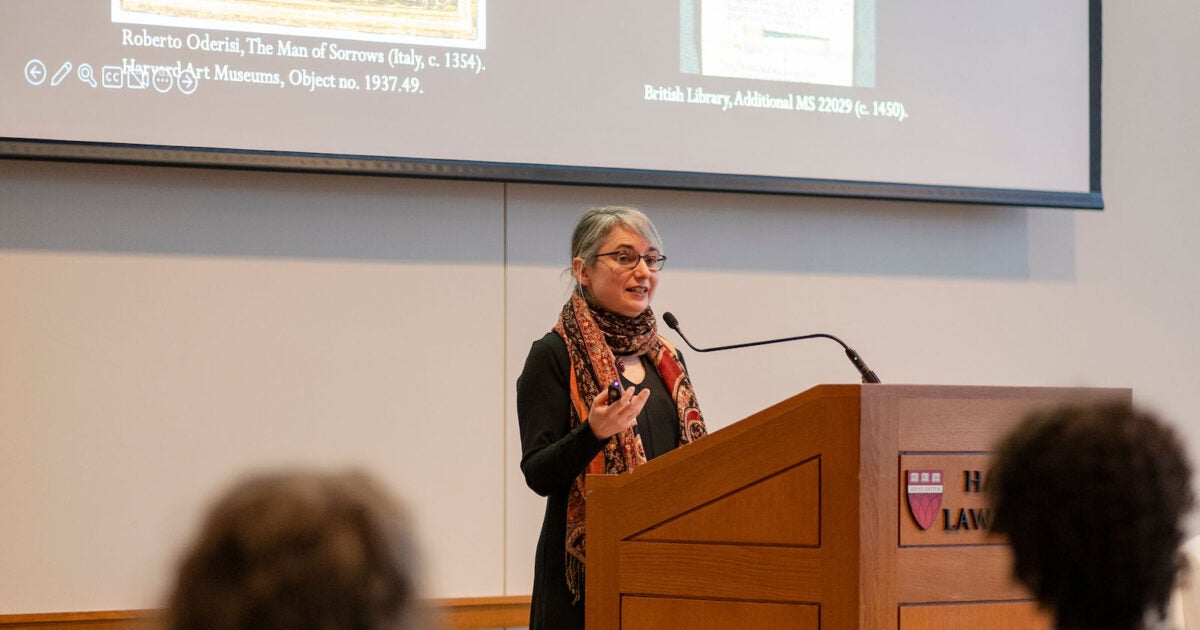Jury trial is an antiquated custom (literally descended from the medieval notion that if you could find twelve people, any people, to say you didn't do it then clearly you hadn't done it, because nobody has twelve friends) that put far too much emphasis on a person's ability to look sympathetic to jurors and a lawyer's ability to wow them and far too little on the actual law and evidence. It results in people being found guilty or innocent as much because of theatrics and appearances as because of, you know, actual evidence that they actually did do the thing. To say nothing of the potential (read solid certainty) for sizeable bias and the perpetuation of various class, racial and other prejudices.
The reasons to abolish them given here look pretty questionable, but the idea that juries are a guarantee protecting fair trial is a misbegotten medieval tradition that we would be well rid off.

